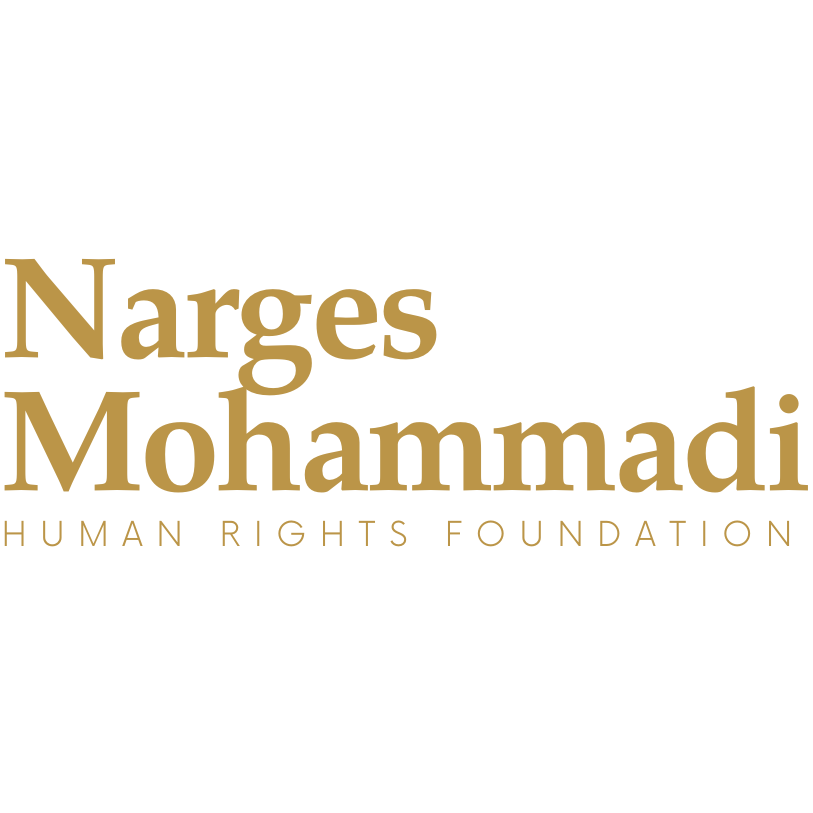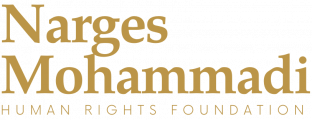
Democracy and human rights cannot enter through a door that is closed to women’s rights.
A Letter to The Japan News Yomiuri Shimbun
By Narges Mohammadi
Narges Mohammadi : Two years have passed since the killing of Mahsa Zhina Amini and the start of the “Woman, Life, Freedom” movement—a movement that emerged as a continuation of the trajectory of social movements in Iran and, due to its strong potential, accelerated the people’s quest for democracy, freedom, and equality. By analyzing the “Woman, Life, Freedom” movement through three broad variables—its structural dynamics, ideological elements, and performances—we can conclude that this is fundamentally a democratic movement, rooted in collective awareness, collective action, and historical experiences on a vast scale, and it has had both short-term and long-term impacts on Iranian society.
“nothing after this recent movement is the same as before.” Narges Mohammadi
The most significant transformation has occurred in the public’s perspective on women’s rights. The stride of this change, compared to other developments in the political, social, and cultural spheres, has been long and remarkable. Mandatory hijab, as one of the last and most important symbols of the ideology of the religious government, is now condemned, rejected, or at the very least, questioned—not only by intellectuals and non-religious political and social groups but also by religious segments of society. The public no longer views it as a religious obligation but as an instrument of domination and oppression over women. The fight against it is not just for the realization of women’s rights to free dress but also to counter the domination and tyranny of the religious government. From another perspective, democracy and human rights will not enter through a door that is closed to women’s rights. If we are concerned about achieving democracy and human rights in Iran—one of the key countries in the war-torn and chaotic Middle East—then we must consider the requirements for this.
From a moral and human rights standpoint, as well as from the perspective of a strategy aimed at achieving democracy, freedom, and equality, addressing oppression and discrimination against women is an essential and undeniable matter. Ignoring it will not only deprive half of the country’s population of their human rights but also delay the realization of democracy, freedom, equality, and sustainable development.
For this reason, I believe that the criminalization of gender apartheid, of which women in Iran and Afghanistan are victims, should be a priority for the global community, led by the United Nations and with the impactful role of democratic and developed countries within that global organization.
“Democracy and human rights cannot enter through a door that is closed to women’s rights.” Narges Mohammadi
Additionally, the existence and continuation of independent civil society organizations is one of the major goals of democracy advocates, as the realization and strengthening of democracy requires a strong civil society. In Iran’s activist society, the role of powerful civil institutions, organizations, and networks as the structural backbone of the movement is prominent and decisive.
It is evident that the will of the Iranian people to transition from an authoritarian religious government to achieve democracy, freedom, and equality requires the cooperation and support of democratic movements, international human rights institutions, and the attention of the United Nations. The initial step of criminalizing gender apartheid will transform this expectation into a national and global hope.
Sep 2024
Evin Prison – Tehran
Narges Mohammadi
نرگس محمدی : دو سال از کشته شدنِ مهسا ـ ژینا امینی و شروعِ جنبشِ “زن، زندگی، آزادی” میگذرد، جنبشی که در تداومِ سیرِ جنبشهای اجتماعی در ایران به منصهی ظهور رسید و به دلیلِ توانِ بالای آن به حرکتهای دموکراسیخواهانه و آزادی و برابریطلبانهی مردم شتاب بخشید. در بررسی جنبش “زن، زندگی، آزادی” بر پایهی سه متغیرِ گستردهی ساختاریِ جنبش، عناصر ایدهپردازانه و پرفرمنسهای آن میتوان نتیجه گرفت که این جنبش، جنبشی اساساً دموکراتیک، بر پایهی آگاهی و کنش جمعی و تجاربِ تاریخی در گسترهی وسیعی بوده و تأثیرات کوتاهمدت و بلندمدتی بر جامعهی ایران داشته است.
خلاصه و واضح میتوان گفت هیچ چیز پس از جنبشِ اخیر، مثلِ گذشتهاش نیست.
بزرگترین تحول در حوزه و نگاهِ عمومی نسبت به مسئلهی حقوق زنان رخ دادهاست. طولِ گامِ این تحول نسبت به سایر تحولات در عرصههای سیاسی ـ اجتماعی ـ فرهنگی بلند و چشمگیر میباشد. حجابِ اجباری بهعنوان یکی از آخرین و مهمترین نشانگاههای ایدئولوژی حکومت دینیِ نه فقط از سوی روشنفکران و گروهها و جریانات سیاسی ـ اجتماعیِ غیرمذهبی که از سوی اقشارِ مذهبیِ مردم مذموم، مطرود و در کمترین حالت مورد تردید قرار گرفته است. نگاه عمومِ مردم به آن نه به عنوان فریضهای دینی که بهعنوان اهرم سلطه و ستم بر زنان میباشد که مبارزه با آن هم برای تحقق حقوق زنان برای دستیابی به حق پوشش آزاد و هم به منظور مقابله با سلطه و استبدادِ حکومت دینی است. از منظر دیگر دموکراسی و حقوق بشر از دری که به روی حقوق زنان بسته شود، وارد نخواهد شد. اگر به فکرِ تحقق دموکراسی و حقوق بشر در ایران ـ یکی از کشورهای مهم در خاورمیانهی پر جنگ و آشوب ـ هستیم، لاجرم میبایست به اقتضائات آن بیاندیشیم.
از منظر اخلاقی و حقوق انسانی همچنین اتخاذ راهبردی معطوف به تحقق دموکراسی، آزادی و برابری رفع ستم و تبعیض علیه زنان امری ضروری و انکارناپذیر است که بیتوجهی به آن نه فقط نیمی از جمعیت کشور را از دستیابی به حقوق انسانیشان محروم خواهد کرد که تحقق دموکراسی، آزادی، برابری و توسعهی پایدار را به تأخیر خواهد انداخت.
از این روی بر این باورم که جرمانگاری آپارتاید جنسیتی که زنانِ ایران و افغانستان قربانیانِ آن به شمار میآیند، توسط سازمان ملل و با ایفای نقشِ تأثیرگذار کشورهای دموکراتیک و توسعه یافتهی در آن سازمان جهانی، از اولویتهای جامعهی جهانی میتواند باشد.
همچنین وجود و تداومِ فعالیتِ نهادهای مدنیِ مستقلِ مردمی از عمده اهدافِ دموکراسی خواهان به شمار میآید، چرا که تحقق و استحکامِ دموکراسی مستلزمِ وجودِ جامعهی مدنی قدرتمند است و در جامعهی جنبشی ایران، نقشِ نهادهای مدنی قدرتمند و سازمان ها و شبکهها بهعنوان گسترهی ساختاری جنبش و کلید موفقیت آن برجسته و تعیینکننده میباشد.
بدیهی است ارادهی مردم ایران برای گذار از حکومت دینی استبدادی و دستیابی به دموکراسی، آزادی و برابری نیاز به جلبِ همکاری و حمایتِ جریانات دموکراسیخواه، نهادهای بینالمللیِ حقوق بشری و توجه سازمان ملل متحد است. انتظاری که با برداشتنِ گامِ نخستِ جرمانگاری آپارتاید جنسیتی به امیدی ملی و جهانی خواهد انجامید.
پیام نرگس محمدی برای روزنامه ژاپن
۷ شهریور ۱۴۰۳ – زندان اوین


